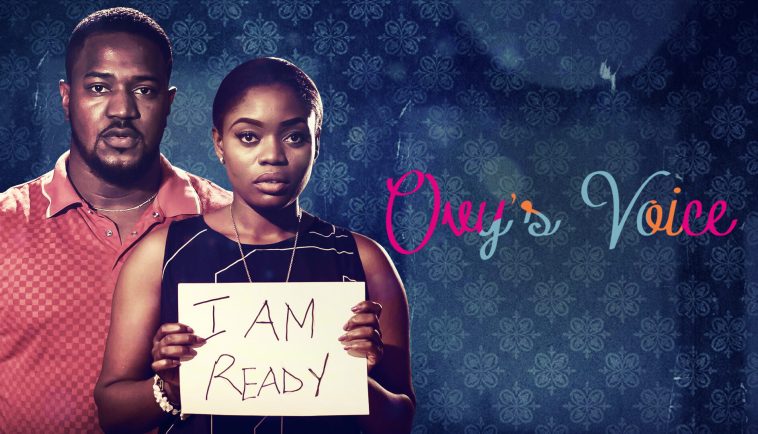The Africa Channel plans to make Nigerian films available in the US, Canada and the Caribbean in early 2022, Brendan Gabriel, the channel’s vice president of production and creative director, tells The Africa Report.
Selected content from about 370 licensed titles will be programmed on The Africa Channel cable platform in North America and the Caribbean. Most of the catalogue will be made available on Demand Africa through the subscription streaming video service (SVOD). The films will be [distributed] under a partnership with ROK Studios, which is part of Canal+.
The partnership is seeking to tap into a growing African diaspora in North America. According to Pew Research, there were 46.8 million people in the US who identified as black in 2019, a 29% increase since 2000. The increase was much higher among blacks born outside the US. At 4.6 million, the number of blacks in the US who were born outside the country has gone up by nearly 90% since 2000. Out of these black immigrants, 88% of them were born in Africa or the Caribbean, Pew Research says.
“African narratives are not being told in North America,” Gabriel says in Johannesburg. The channel will be engaging with producers on the ground [with] the possibility of developing new content, he says. Gabriel expects the content market to keep expanding as emigration from Africa climbs from about 1.4 million per year currently, to between 2.8 million and 3.5 million in 2050.
- Companies such as Iroko, which has the world’s largest online catalogue of Nollywood films, have changed strategy to target diasporic markets in Europe and North America, rather than West African viewers.
- The Africa Channel, based in Los Angeles, is available in North America and the Caribbean on cable systems such as Comcast, Charter/Spectrum, and the Caribbean Cable Cooperative.
‘Gentrification’
Some argue that the hunt for more affluent audiences risks detaching Nollywood from its core Nigerian market. According to a research paper published in 2020 by Ezinne M. Ezepue, a lecturer in film at the University of Nigeria in Nsukka, Enugu State, Nollywood is undergoing processes of “gentrification and professionalisation.”
- New Nollywood is “becoming increasingly formal in the business of filmmaking” and is “slowly detaching itself from the industry’s informal political economy” as it targets middle- and upper-class elites.
- Ezepue argues that focusing on diasporic audiences involves an invisible “displacement effect” in which local, less profitable audiences are overlooked.
- Gabriel says such a process is not inevitable. There is “still a massive local audience,” he says. “The bread and butter is still the local market.”
Production in English makes it possible for the content to travel, Gabriel says. Films such as Ovy’s Voice, North East and Cooked Up Love were made for and broadcast in the Nigerian market, and will be unchanged when they are distributed in North America.
- “The stories will resonate in other markets. The diaspora market wants to connect to home.” Nollywood also appeals to African markets, such as Kenya and South Africa, he adds.
Bottom line
The Africa Channel is betting that there is no trade-off between targeting Nigerian and diasporic audiences with Nollywood content.
Understand Africa’s tomorrow… today
We believe that Africa is poorly represented, and badly under-estimated. Beyond the vast opportunity manifest in African markets, we highlight people who make a difference; leaders turning the tide, youth driving change, and an indefatigable business community. That is what we believe will change the continent, and that is what we report on. With hard-hitting investigations, innovative analysis and deep dives into countries and sectors, The Africa Report delivers the insight you need.
View subscription options

